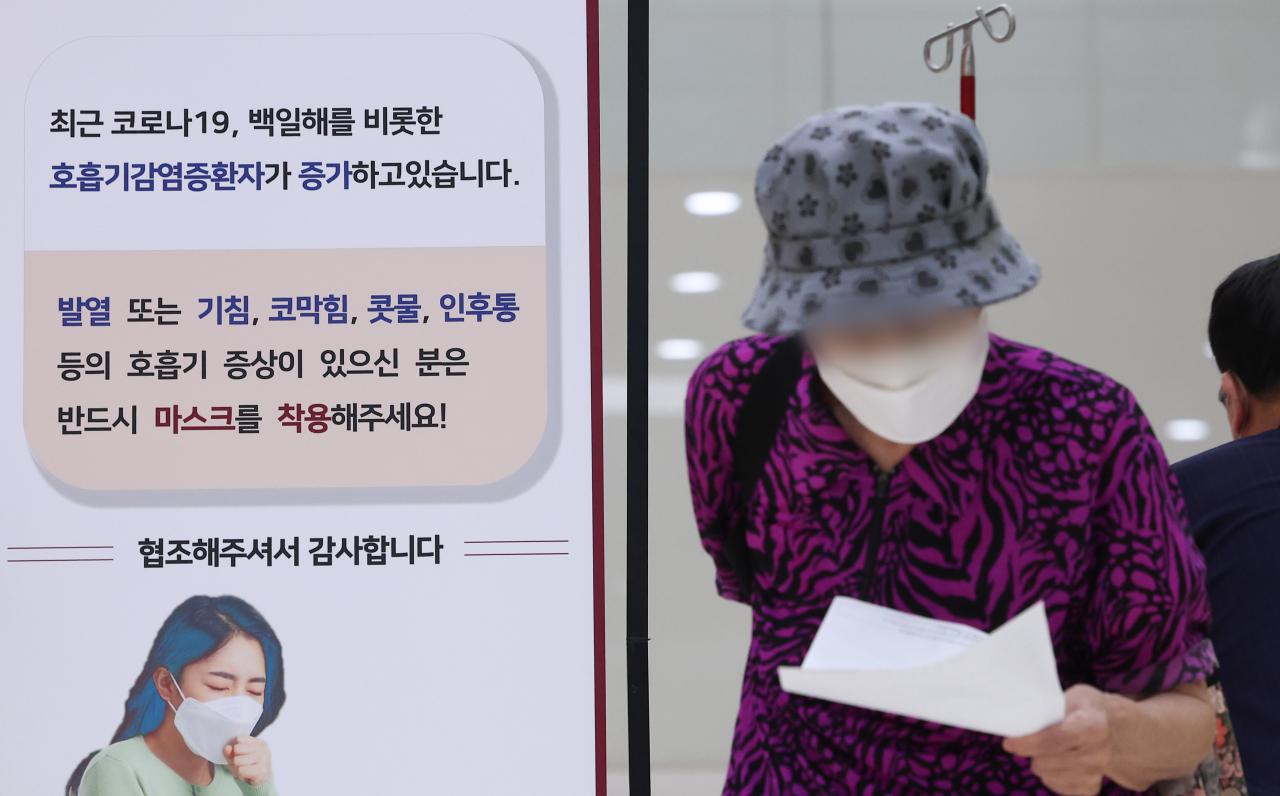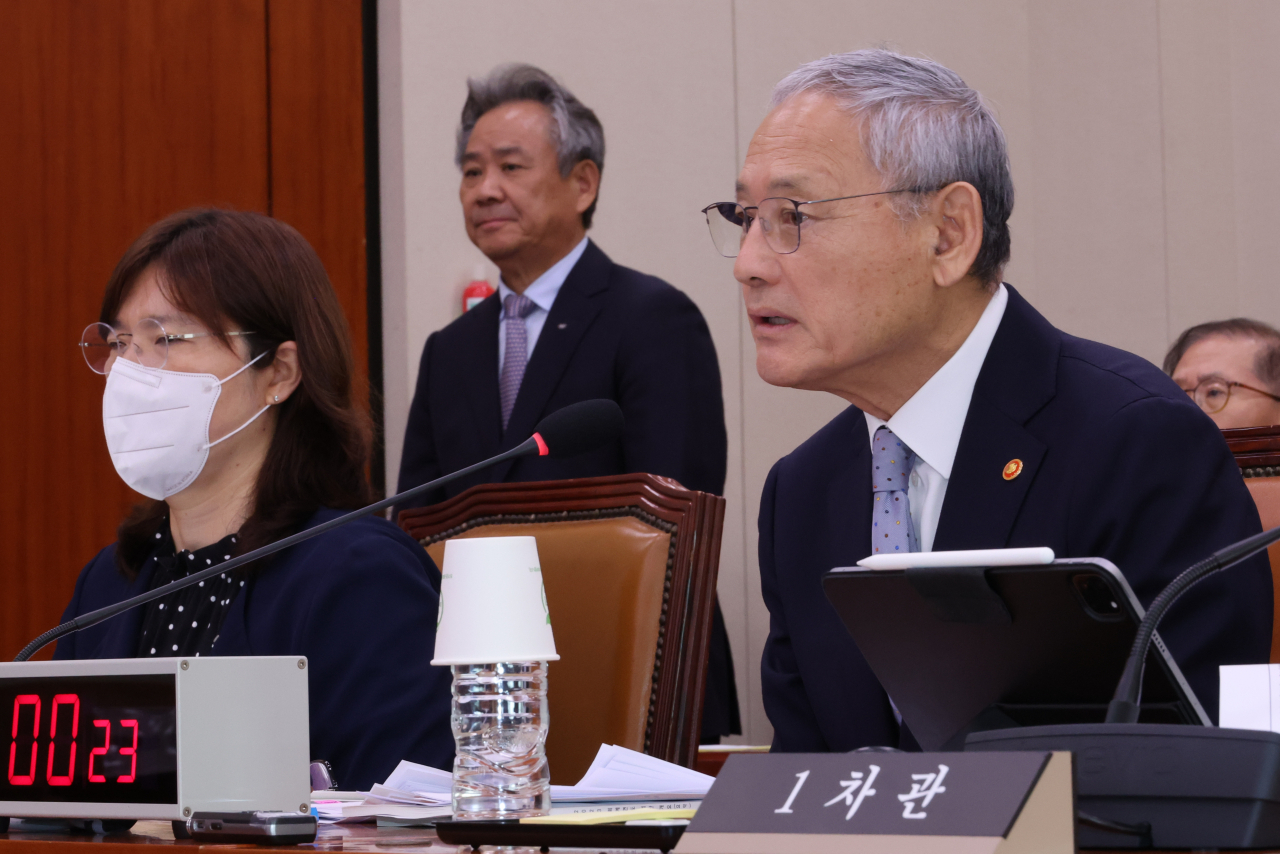California democrat with ties to AT&T guts net neutrality legislation
California lawmakers have the opportunity to pass a new law that would serve as the gold standard for true net neutrality protection across the country. But a Democratic assemblyman with financial ties to the telecommunications industry just gutted it.
The California State Assembly Communications and Conveyance committee will likely vote on SB 822 on Wednesday, which would codify net neutrality into California law. Once it passes through committee, it would go to the state assembly for a full vote, at which point it would become law if it passes. The state senate has already passed the bill.
But late Tuesday evening, Miguel Santiago, a California assemblyman and chair of the Communications and Conveyance committee, edited the bill to allow for gaping loopholes that benefit the telecommunications industry and make the net neutrality legislation toothless. AT&T is one of Santiago's largest campaign donors.
SEE ALSO:It's official, net neutrality is dead. Here's what that meansSantiago's move has surprised and angered other Democrats, who have been pushing for net neutrality in the Golden State since the Trump administration revoked the 2015 FCC net neutrality rules. Although net neutrality is no longer protected via federal regulations, states have been lining up to pass their own legislation protecting the principle of internet service providers treating all traffic the same, regardless of the source or content.
If enough states pass laws protecting net neutrality, it would effectively nullify the FCC's hugely unpopular decision, and may discourage major ISPs from creating "fast lanes" on the internet for services that can afford to pay -- one of the biggest fears in a post-net neutrality world.
If Santiago doesn't remove his amendments, he would be the first California Democrat to side with the Trump administration to actively destroy net neutrality, according to Fight for the Future (an internet freedoms advocacy organization).
Specifically, the amendments undermine net neutrality in a few ways. First, they would allow ISPs to charge any website a fee for people to be able to access it.
Next, they would give some content (such as content owned by the provider) preferential treatment on cellular data. That means that some content would eat up cellular data, while others would be free or less impactful to access. There's a high likelihood that privileged content would be created by the network's parent company, since so many telecoms companies like Comcast and, recently, AT&T, now both own the actual content, and the way it's distributed. This loophole makes it likely that people wary about using up the data that they pay for would opt for the content privileged by their telecoms provider, which undermines consumer choice.
And finally, Santiago's edits allow for throttling, which means intentionally slowing down content, but with a twist: Instead of slowing down the connection to consumer devices, the data is slowed at the website or service side, affecting everyone trying to access it.
Santiago achieved these amendments by literally just crossing out large chunks of specific things that ISPs are not allowed to do.
 All of these things are A-OK now.Credit: screenshot: Fight for the future
All of these things are A-OK now.Credit: screenshot: Fight for the futureSantiago is a Democrat and a progressive who represents parts of Los Angeles. But his fifth largest donor is AT&T, and he has received over $43,000 from the "telecom services and equipment" industry over his four-year-long career as an assemblyman. AT&T also provided a charity in Santiago's district with a giant check for $750,000.
Members of the telecom industry are registered opponents of SB 822, and representatives have reportedly been heavily lobbying assembly members, specifically with Santiago as a target.
Mashable has reached out to Assemblyman Santiago as well as AT&T to ask whether the he has been in touch with AT&T representatives regarding the bill, and to what extent any of those conversations have influenced his changes to the legislation. Neither responded before the time of publication.
On environmental protections, voting trends, and more, California has been a bellwether state for how ideas and legislation spreads across the country. But even more than its historical progressivism, California's sheer size is what makes even its state legislation so important on the national level.
Fight for the Future's Evan Greer explained that if a company can't execute a policy or product in California due to state protections, it makes it far less likely that they'll do so at a national level. That thinking applies to how Internet Service Providers might take advantage of the FCC's repeal of net neutrality.
"There's a history of California passing consumer protections that then benefit people across the country," Greer told Mashable. "If a state as big as California rolls out net neutrality protections, it's a huge deterrent for ISPs to roll out these products that can't work in California."
SB 822 is just one of several net neutrality bills before state legislatures across the country. New York is already considering net neutrality laws that look very similar to the original SB 822, and Washington State recently instated its version of net neutrality. Greer explained that the original version of SB 822 took many factors and loophole potentials into account that are particularly difficult to legislate. A full-bodied SB 822 could be a model of legislation for other states, and ultimately, in congress.
"The internet doesn't know borders," Greer said. "These policies affect people everywhere."
UPDATE 6/20/2018 2:15 p.m. ET:
SB 822 has passed through committee including Assemblyman Santiago's edits. According to Fight for the Future, Santiago put it up for a vote before the hearing began. It passed 8-0 with all democrats on the committee voting alongside republicans. The bill's original author, Senator Scott Wiener, was reportedly "stunned" and called the “mutilated” bill “a fake net neutrality bill.”
UPDATE 6/20/2018 6 p.m. ET:
When asked about whether campaign donations in any way influenced Assemblymember Santiago's legislative actions, his office issued the following statement:
This is the legislative process at work. Any suggestions of actions taken today somehow being otherwise motivated are irresponsible, at best and insulting beyond that.
Featured Video For You
In the battle over Net Neutrality, 5G could be our salvation
(责任编辑:资讯)
 A global problem is preventing the wars in Ukraine and Gaza from coming to an end.
A global problem is preventing the wars in Ukraine and Gaza from coming to an end. Eggs are taking over TikTok, thanks to the world record egg
Eggs are taking over TikTok, thanks to the world record egg North Korea's media shifts stance, questions effectiveness of COVID
North Korea's media shifts stance, questions effectiveness of COVID How to access YouTube's secret dog Easter egg on your timeline
How to access YouTube's secret dog Easter egg on your timeline Apple's iPhone 17 will come with a huge RAM upgrade, report claims
Apple's iPhone 17 will come with a huge RAM upgrade, report claims
- PS5 Pro: There are new whispers that the release date is fast approaching
- Tennis stars back 'bold' WTA move to suspend China events
- 培养现代农业领军人才,为高质量发展注入新动能
- 20 TikTok accounts that will fill the void Vine left in your heart
- 16 of the Most Epic Sandwiches Around the Planet
- Solar flow battery efficiently stores renewable energy in liquid form
- The lessons of Unite the Right.
- Hacking firm Cellebrite's newest agreement is with ICE
-
 A patient at Korea University Guro Hospital in Seoul, on Thursday, walks past a poster, recommending
...[详细]
A patient at Korea University Guro Hospital in Seoul, on Thursday, walks past a poster, recommending
...[详细]
-
The lessons of Unite the Right.
 The meager turnout at the Unite the Right rally in D.C. on Sunday offered real confirmation that the
...[详细]
The meager turnout at the Unite the Right rally in D.C. on Sunday offered real confirmation that the
...[详细]
-
New cases in 1,300s on fewer tests; virus curbs extended for a month
 People stand in line to get COVID-19 tests at a screening station in front of Seoul Station on Sept.
...[详细]
People stand in line to get COVID-19 tests at a screening station in front of Seoul Station on Sept.
...[详细]
-
Woods says no timetable for return
 MIAMI:Tiger Woods refused to put a timetable on his return to tournament golf on Tuesday in his firs
...[详细]
MIAMI:Tiger Woods refused to put a timetable on his return to tournament golf on Tuesday in his firs
...[详细]
-
 “新丰味”喜获中国首届县域品牌擂台赛十大营销创新品牌_南方+_南方plus8月24日,中国首届县域品牌擂台赛总决赛在广州举行。韶关市新丰县农产品区域公用品牌“新丰味”荣获十大营销创新品牌之一。“新丰味
...[详细]
“新丰味”喜获中国首届县域品牌擂台赛十大营销创新品牌_南方+_南方plus8月24日,中国首届县域品牌擂台赛总决赛在广州举行。韶关市新丰县农产品区域公用品牌“新丰味”荣获十大营销创新品牌之一。“新丰味
...[详细]
-
Elon Musk says to look for the Tesla pickup truck reveal in November
 Elon Musk is doing that thing again where he casually drops news that people care about into random
...[详细]
Elon Musk is doing that thing again where he casually drops news that people care about into random
...[详细]
-
 “什么情况下大脚轰油门会对车辆造成损害?”“方向盘长时间满打会损坏转向结构?”……众所知周,良好的驾驶习惯是延长汽车寿命和确保安全的第一步。不良操作究竟会对车辆造成哪些损害,又该如何规范驾驶汽车?近日
...[详细]
“什么情况下大脚轰油门会对车辆造成损害?”“方向盘长时间满打会损坏转向结构?”……众所知周,良好的驾驶习惯是延长汽车寿命和确保安全的第一步。不良操作究竟会对车辆造成哪些损害,又该如何规范驾驶汽车?近日
...[详细]
-
There's no shame in using the 10 year challenge to show off
 In the latest hashtag bandwagon, people are showing off how much hotter they've gotten since 2009. I
...[详细]
In the latest hashtag bandwagon, people are showing off how much hotter they've gotten since 2009. I
...[详细]
-
Sports minister says audits into football, badminton federations set to conclude in Sept.
 Yu In-chon (right), minister of culture, sports and tourism, speaks during a plenary session for the
...[详细]
Yu In-chon (right), minister of culture, sports and tourism, speaks during a plenary session for the
...[详细]
-
North Korea apparently all set for nuke, ballistic missile tests: South Korean military
 People watch a TV at Seoul Railway Station, May 7, showing a file image of a North Korean missile la
...[详细]
People watch a TV at Seoul Railway Station, May 7, showing a file image of a North Korean missile la
...[详细]
Apple to start manufacturing iPhone Pro in India, report claims

Etsy urges its shop owners to stand with the USPS

- Which iPad Model Is Right for You?
- The best LGBTQ candidates for 'The Bachelor'
- A 'Pro' iPhone should start with more than 64GB of storage
- 我在广西融水有个“园”!庭院经济让方寸地变致富园
- When Are Next
- Moderna delays once again threaten Korea’s vaccine rollout
- Why I've never paid Apple store prices for an iPhone, and you shouldn’t either
